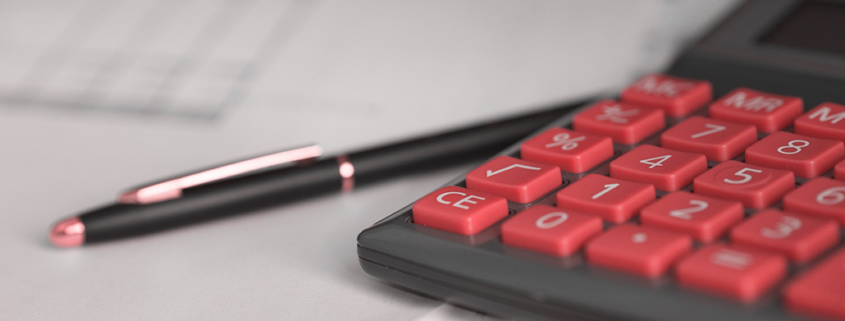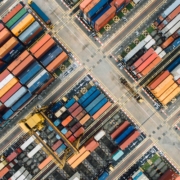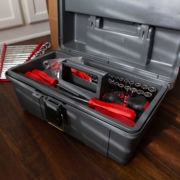Customs duties and taxes
Duties and taxes are imposed to protect national revenue and safeguard local industry. Almost all shipments crossing international borders are subject to duty and tax assessment, with customs officials basing this on information provided on the commercial invoice and other relevant documents.
When do you need to pay customs duties and taxes?
Payment to the authorities must be met before the shipments are released from customs.
Australia
Things you buy over the Internet have the same duties applied as any other import.
For goods with a value of AUD 1000 or less, there are generally no duties, taxes or charges to pay at the border,
For goods with a value over AUD 1000, you will need to fill out an import declaration and pay duties, taxes and charges at the border.
GST is payable on most goods imported into Australia.The GST payable is 10% of the value of the taxable importation. Generally, GST is payable before the goods are released by Home Affairs. If you are an importer and are registered for GST, you may be able to defer the payment of GST by participating in the deferred GST scheme.
United States
Import duty and taxes are owed when importing goods into the United States, whether by a private individual or a commercial entity.
The valuation method is FOB, which means that the import duty and taxes payable are calculated exclusively on the value of the imported goods. Duty rates vary from 0 to 37.5 percent, with a typical duty rate about 5.63 percent.
Goods must be declared for entry into the U.S. within 15 days of arrival or prior to leaving a bonded warehouse or foreign trade zone. The importer of record declares the transaction value of the goods and country of origin, along with other information. The declarations must include an invoice and packing list (or equivalent) listing all goods.
CBP then assesses duty, which must be paid by the importer of record before goods can be released. Many importers participate in a voluntary self-assessment program with CBP.
Korea
Korea has a flat 10 percent Value Added Tax (VAT) on all imports and domestically manufactured goods. A special excise tax of 10-20 percent is also levied on the importation of certain luxury items and durable consumer goods.
Tariffs and taxes must be paid in Korean Won within 15 days after goods have cleared Customs.
Asia
Generally, all goods entering Singapore are subject to a 7% GST on imported goods. This import fee is applicable for items which have a total value of SG$400 and above.
The taxable value is calculated based on its Cost, Insurance and Freight (CIF) value and all other duties and tax charges.
In 2021, the Singapore government announced that low-value goods bought online will also be subjected to GST from 1 January 2023.
Importing through Salbini
On our site and in our quotes, prices don’t include GST and customs duties, being a tax that you don’t need to pay us.
In fact, we are exporters, not importers.
These import duties and taxes are paid by the buyer / importer upon arrival of the goods in their country.
The Salbini team offers the buyer all the assistance and information necessary to complete the procedures.











